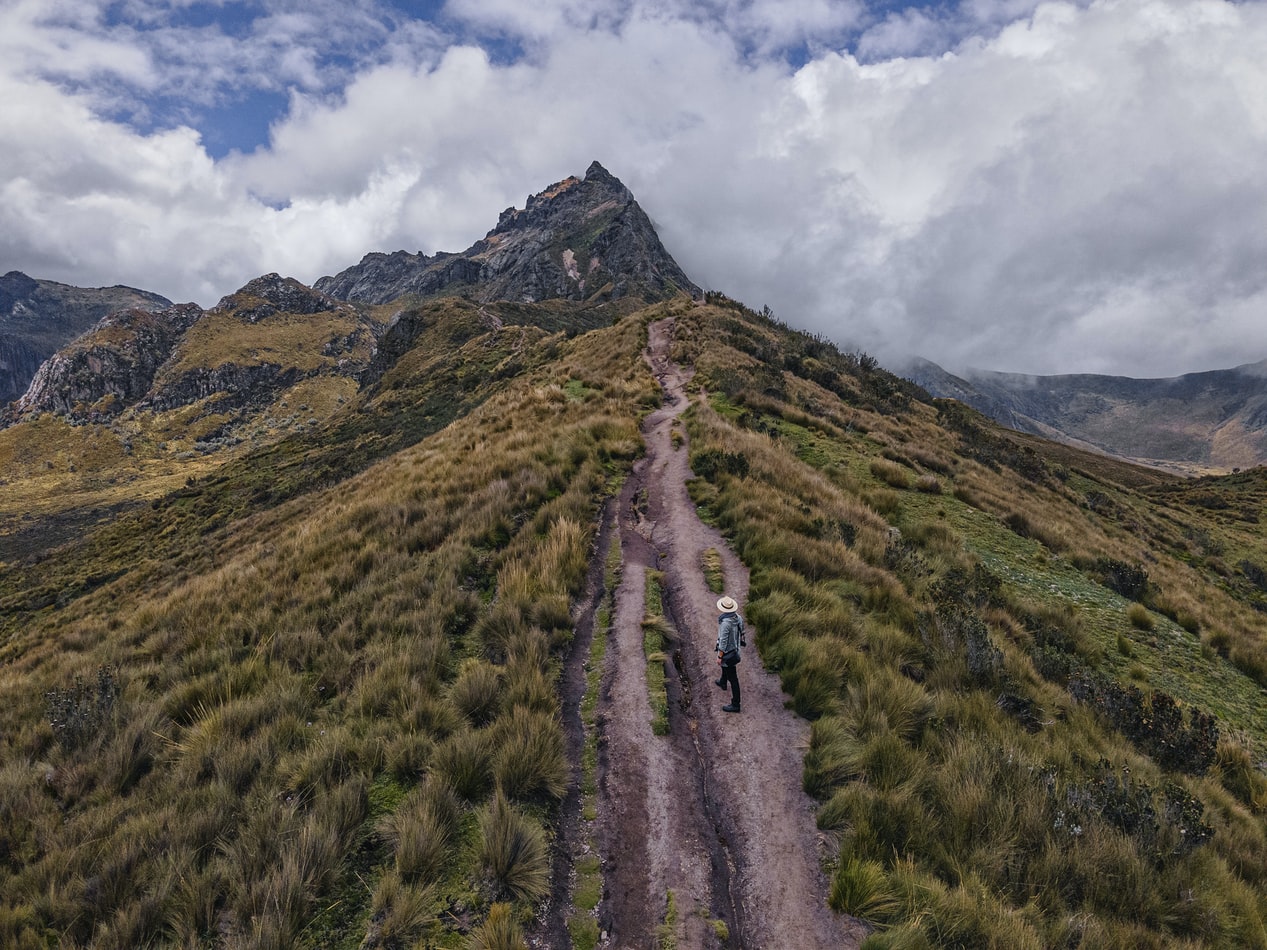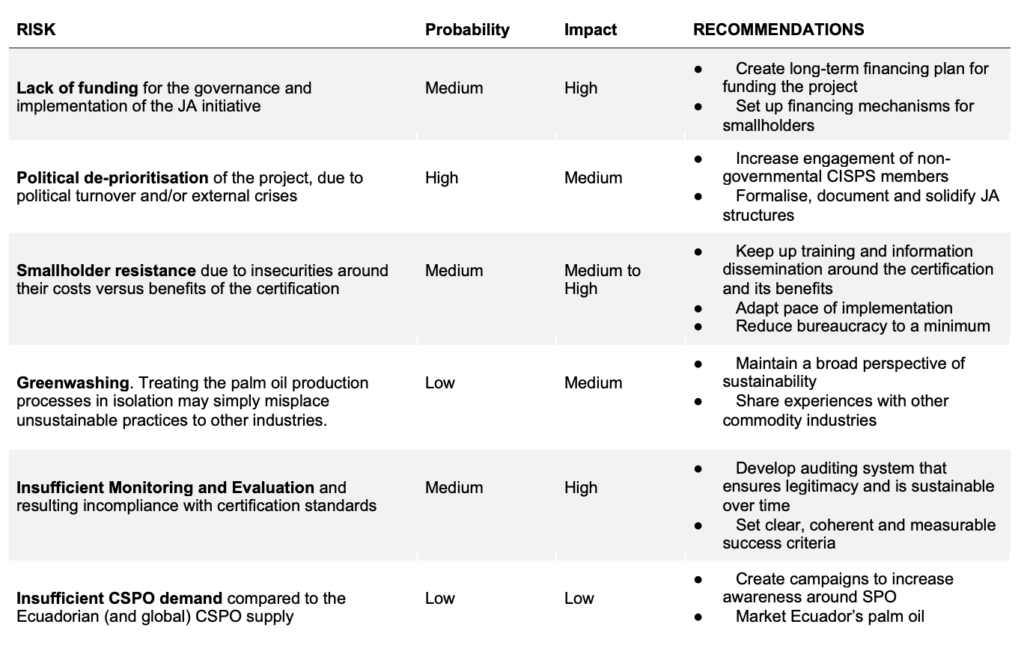By Dr. Kristjan Jespersen, Dr. Izabela Delabre, Dr. Caleb Gallemore, and Dr. Katryn Pasaribu
◦ 3 min read ◦
Tropical deforestation continues at alarming rates, with 12 million hectares of tropical tree cover loss recorded in 2018. Much of this deforestation is linked to large-scale agricultural development. Palm oil companies are seen as key deforestation culprits due to high-profile media campaigns being led by NGOs and, in response, recent years have seen the proliferation of private sector pledges and initiatives to address deforestation in the palm oil value chain. There has also been growing international focus on forest conservation in the context of climate mitigation, with countries at 2021’s United Nations Climate Change Conference (COP26) pledging to halt deforestation by 2030. Multi-billion dollar initiatives, such as the Bezos Earth Fund are investing in nature-based solutions to address climate change, including through the protection and reforestation of forests and other ecosystems.
Given these ambitions, an important question for corporate sustainability and conservation research and practice is how to link financing mechanisms for conservation and value chains, two policy streams that are generally disconnected. Actual methodologies for understanding appropriate, long-term financing for forest conservation remain elusive, and this knowledge gap hinders the clear assignment of responsibility, accountability and sustainability of conservation efforts.
Articulating “conservation finance” (the “mechanisms and strategies that generate, manage, and deploy financial resources and align incentives to achieve nature conservation outcomes”) with value chains could help align incentives between actors and facilitate increased financial flows from the private sector to conservation.
Introducing No Trees, No Future – new research project
An ambitious new research project “No Trees, No Future – Unlocking the full potential of conservation finance”, funded by the David and Lucile Packard Foundation, seeks to design and test a rigorous methodology for understanding the responsibility for conservation finance of influential firms in the palm oil value chain. It addresses important knowledge gaps that currently impede effective conservation finance, examining questions such as: Which firms are responsible for financing conservation? What are the motivations of firms to engage in different types of conservation finance initiatives? To what extent are companies willing to internalize conservation costs? What might cost-sharing models look like?
This novel, interdisciplinary research project uses a mixed-methods design that combines in-depth case studies, surveys and remote sensing to explore how the costs of conservation may be shared effectively and equitably between palm oil value chain actors, and provides a resource for external stakeholders seeking to identify firms’ contributions to land cover change, in Indonesia to start with.
The research will involve the development of data-intensive methods to assess the spatial footprint of the supply chains of a set of lead firms in the oil palm value chain, as well as in-depth interviewing of stakeholders across the palm oil value chain to identify the feasibility and possible impacts of adopting new methods for conservation finance.
Our goals are: (1) to develop a methodology that can be readily applied to estimate lead firms’ responsibility for contributing to conservation finance in the palm oil sector, and (2) that business models and strategies integrate conservation finance effectively, supporting more equitable cost sharing.
The research will identify several possible models for assessing spatial footprints of firms’ supply chains in the oil palm sector, testing their feasibility with a selected group of investors and conservation project proponents. Following this initial project, which focuses on the palm oil value chain, we intend to explore possibilities in other commodity sectors, and how to scale up efforts to support effective and equitable conservation finance.
To what extent will companies be willing to absorb the costs of conservation finance into their supply chain transactions? How might potential barriers be overcome? It is our intention that the project contributes to companies taking on greater responsibility for conservation finance, embedding long-term conservation costs into the palm oil value chain (that are currently externalized), disrupting ‘business as usual’ to support forest conservation, given their critical role in climate mitigation and biodiversity conservation.
We will share our interim findings on this blog as the project progresses. We would be delighted to hear from researchers from different disciplines and practitioners working in this field. If you have any questions or comments, please get in touch!
About the Authors
The two-year project is led by Dr. Kristjan Jespersen, Associate Professor at the Copenhagen Business School (CBS). The research team includes Dr. Izabela Delabre, Lecturer in Environmental Geography at Birkbeck, University of London; Dr. Caleb Gallemore, Assistant Professor in the International Affairs Program at LaFayette College, Pennsylvania; and Dr. Katryn Pasaribu, seconded from Universitas Prasetiya Mulya to CBS.
Photo by Franz Schäfer on Unsplash





